Tax terms can be confusing, technical and are often not intuitive. This IRS glossary is helpful for understanding basic tax terminology: Understanding Taxes. The following additional tax terms for business owners will shed some light on some common tax terms for business owners.
If you are also interested in tax terms for individuals see the article titled: Common tax terms for individuals
1099-NEC
Form 1099-NEC must be prepared and provided to each contractor and to the IRS to report payments to any contractors that you pay over $600 for the year.
Forms 1099-NEC are due to contractors and the IRS after year end but no later than January 31st.
Basis
The amount of capital investment in property, used to figure amounts such as depreciation and gain or loss on disposition of the property.
Depreciation Expense
Depreciation is a system for allocating and expensing the cost of property, plant, and equipment assets over their estimated life. It is recorded as a non-cash expense which reduces the book value of the associated assets each year. IRS rules require that the cost basis of capital assets used for business purposes be reduced each year using depreciation.
Depreciation Recapture
When a depreciated capital asset is sold, any gain on the sale must be reported as ordinary income up to the amount of the prior depreciation allowed or allowable on the property. For some assets, the recapture of the depreciation taken in prior years is at a higher tax rate.
Flow-through Entity
A type of legal business entity where income flows through to the owners, and the business income is not taxed at the business level but is rather treated as the income of the owners themselves. These are also called pass-through entities, and they include sole-proprietorships, partnerships, LLC’s, and S corporations.
Installment Sale
A sale of property when at least one payment is received for the property after the tax year of the sale. The gain recognized on the sale of the property is deferred and later recognized as payments are received.
Nonemployee Compensation
Includes payments totaling at least $600 made during the year to an individual who is not an employee, and in some cases includes payments made to various types of businesses. Non-employee compensation can be considered self-employment income and is reported to the recipient and the IRS on Form 1099-NEC
W-2
Form W-2 must be prepared and provided to each employee, including yourself, and to the Social Security Administration (SSA) to report employee payroll information for the year.
Forms W-2 are due to employees and the SSA after year end but no later than by January 31st.
